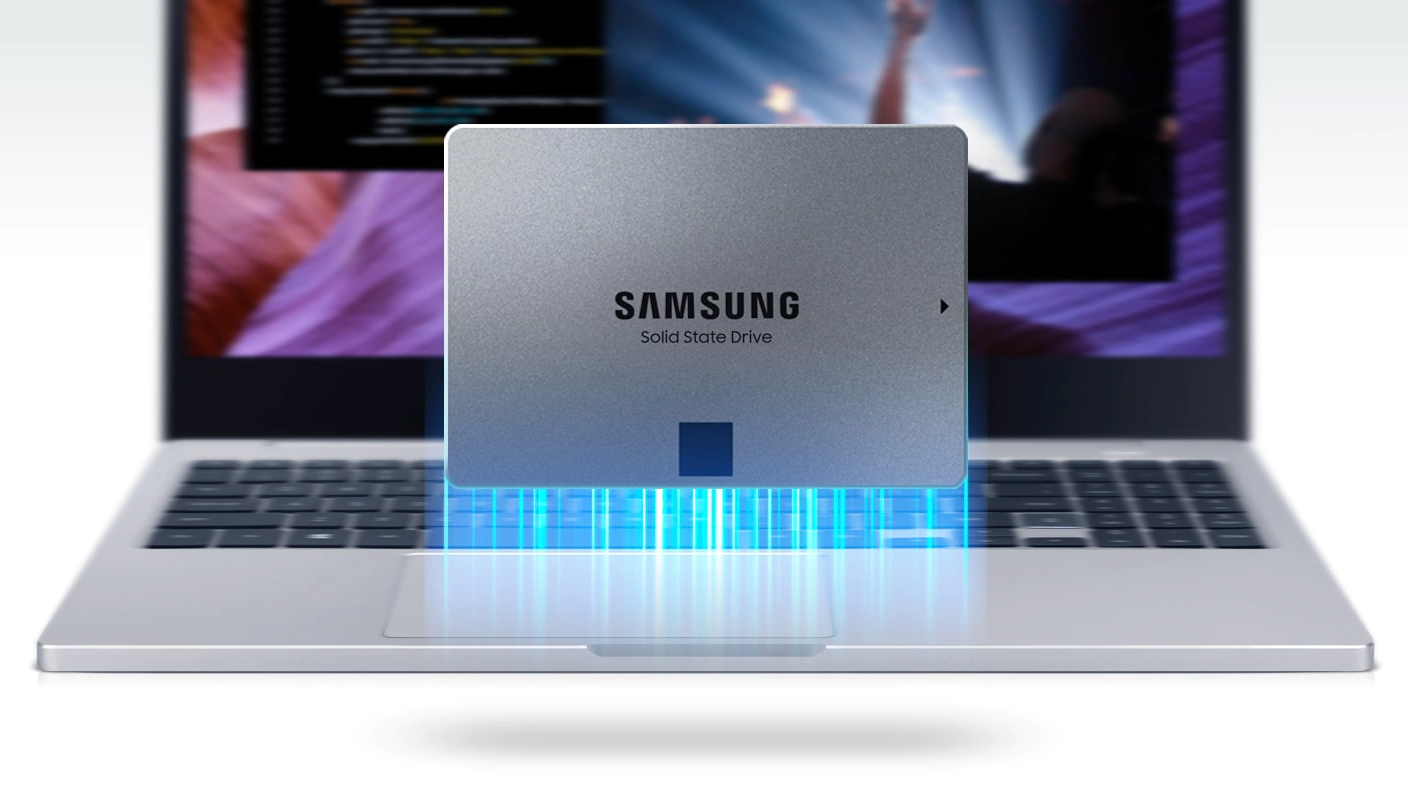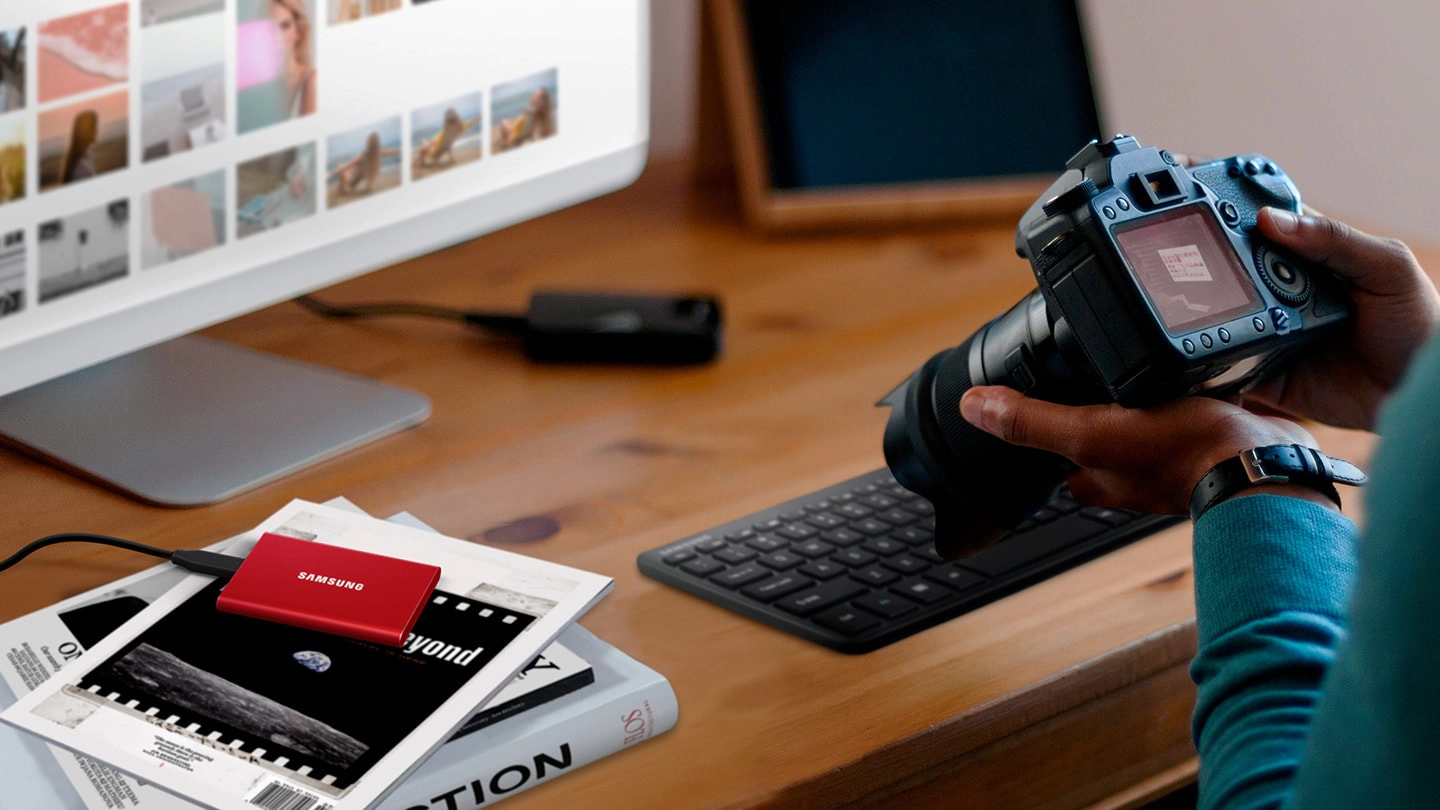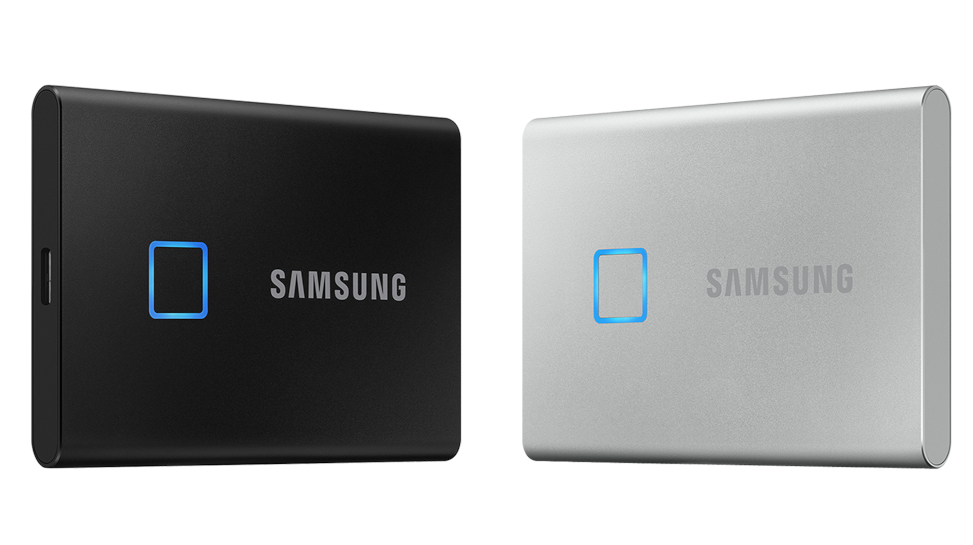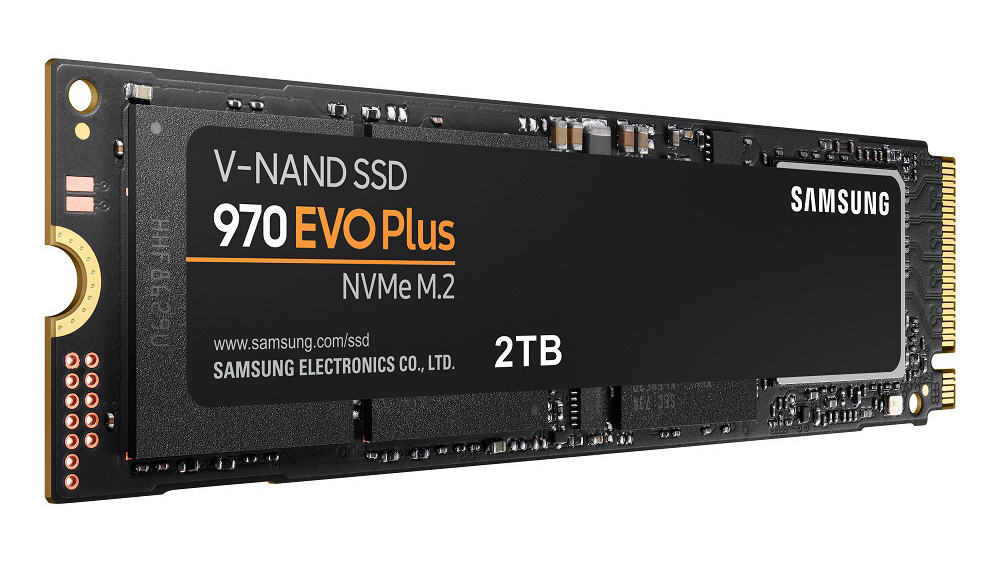
Modern hard drives and solid state drives (SSDs) are getting ever larger, allowing us to easily store our entire digital lives. It’s not uncommon now to get a hard drive or SSD for your PC or laptop that is several terabytes (TB) large.
Back in the year 2000 the average amount of storage was 20GB, and less than ten years before that, many of us stored our files and games on floppy disks that held just 1.44MB!
So, when you’re looking to buy a new laptop or computer (or upgrade your existing one), making sure you have enough storage space is essential. Not only to make sure that you have enough space to store everything you need, but also to avoid paying over the odds for storage you’re not going to use.
Knowing how much capacity you really need will help you buy the perfect device for your needs.
Room for your operating system
If you have a device with one hard drive, you need to make sure that it offers enough space to store your operating system as well as any files and folders you need. An operating system, such as Windows 10, is an important part of your PC – it basically allows you to use the device. Operating systems take up a lot of space, and they need extra capacity to continue working well.
Windows 10, the most popular operating system for laptops and PCs, takes up around 20GB of storage space when you first install it. However, when you start installing additional programs, you’ll quickly see your storage space getting taken up. Many laptops and PCs also come with pre-installed software, which also takes up space.
So, to ensure you have enough capacity for all your apps, files and documents, and allow Windows 10 to work well, we recommend a minimum of 128GB. Even better, you’d have a second SSD where you could store all of your documents (and install additional applications), while keeping a ‘boot’ hard drive that just contains your operating system.
Get daily insight, inspiration and deals in your inbox
Sign up for breaking news, reviews, opinion, top tech deals, and more.
Media lovers
Do you have a large digital media library made up of music, movies and TV shows? Then you’ll need a decent amount of storage space.
An average music CD takes up 700MB, but if you rip your music to MP3, then the average size of a song is 5MB. On a 1TB hard drive, that allows you to hold around 200,000 songs, or 17,000 hours of music. So, quite a bit then!
If you’re a movie lover, then the average file size for a standard film is around 1.5GB, though these can be a lot bigger if you digitally convert your Blu-rays and 4K Blu-rays with minimal compression. Depending on the length of each movie, you should be able to store around 250 movies on a one terabyte hard drive.
So for big media collections, a 1TB hard drive should be plenty, though bear in mind if you are also storing an operating system, apps and other files on the same drive, your space will be more limited – in which case a 2TB storage device may be a wise investment.

For media lovers, we recommend the Samsung 870 QVO SSD, which offers incredible speeds and huge amounts of space of up to 8TB. This means you’ll likely never run out of space, no matter how extensive your media library is.
With best-in-class reliability, and sequential read speeds of up to 3,500 MB/s and sequential write speeds of up to 2,500 MB/s, then the Samsung 970 EVO is another great choice. This NVMe SSD comes with up to 2TB of storage space, as well as a 5-year limited warranty and exceptional endurance to ensure your media files are safely stored.

Photographers
No matter if you’re a professional photographer or a budding amateur, if you take a lot of photos, you’re going to want to make sure you have plenty of space to store them. With cameras (and smartphones) able to take ever more high resolution photos, it means you need a lot of storage to hold them all. Again, a 1TB capacity SSD may be the ideal choice, as it’ll hold between 200,000 to 400,000 photos.
That may be more than you’ll ever need, so 500GB may be a good compromise. If you also take videos with your camera, then you’ll need plenty of space for those as well, with 4K video taking up lots of storage space. If you’re shooting in RAW (uncompressed) video formats, a 4K video can take up as much as 2GB a minute – which is around 120GB for an hour of footage!
Also, it’s worth remembering that if you’re editing photos and videos, you may want to make copies of the original files, which means even more space is taken up.
Photos and videos you take are often irreplaceable, so you’ll want to make sure you use a hard drive or SSD that comes from a trusted brand, such as Samsung. For big photo and video collections, it’s worth thinking about using an external hard drive.
Not only do these allow you to quickly and easily add extra storage to your PC or laptop, you can unplug it and store it safely away. Then, if something happens to your laptop, for example it breaks or is stolen, your photos and videos will still be safe and sound on your external hard drive.

This is why the Samsung Portable SSD T7 is the ideal choice for photographers. This light and pocket-sized SSD is easily portable, and thanks to the incredible speed of USB 3.2 Gen 2, the T7 offers sequential read/write speeds of up to 1,050/1,000 MB/s respectively, which is up to 9.5 times faster than a standard external hard drive.
This means photographers can quickly transfer huge amounts of photos to and from the T7 in a flash.
Gamers
Finally, if you’re looking for a hard drive for your gaming PC, then you’re going to want a whole lot of capacity – preferably 500GB to 1TB (or more). Modern games are getting larger – long gone are the days when you could fit an entire game on a single floppy disk.
Most blockbuster games these days are between 50GB to 100GB in size (though smaller Indie games take up less space), which means even with a 500GB hard drive, you may soon find it filling up. If you record your gameplay as well, either to stream it live or broadcast it later, then you’ll need even more storage space.
Speed is of the essence with many games now, so going for an SSD is a good move for any gamer. Their faster speeds mean you can load up games and get playing even faster. Thankfully, modern SSDs can offer terabytes of space as well, without being too prohibitively expensive, so if you have a large games library, a large SSD is definitely the way to go.

For gamers who demand the very best performance, we recommend the incredible Samsung 970 EVO Plus, which offers up to 3,500/3,300 MB/s read/write speeds, and with capacity up to 2TB, you’ll have plenty of super-fast storage to hold all your games.